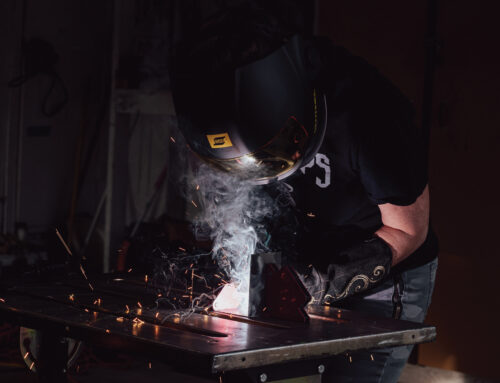Our U.S. ethanol policy is a political policy, rather than being a scientifically sound part of an integrated energy policy. The October 2007 issue of National Geographic’s cover story titled “Growing Fuel, the Wrong Way, the Right Way” stated that for every one input of fossil-fuel energy used to make corn ethanol, only 1.3 outputs of corn ethanol are realized. There are other issues surrounding ethanol, such as the intensive use of water to grow and process the corn into fuel, and the diversion of acreage away from food crops to fuel crops that cause this fuel to be a problematic choice.
My concerns with regard to ethanol led me to believe that low sulphur diesel is the best fuel of choice for me. Low sulphur diesel is a clean burning fuel, and gives diesel engine cars great gas mileage.
I have loved driving my Volkswagen Passat for the last 10 years, so I was excited when I learned that Volkswagen would begin selling its new generation diesel engine Jettas, meeting new U.S. air emission standards, in the United States in August 2008. I called three VW dealerships and the situation was the same with all three: They had one TDI (turbo diesel) Jetta to test drive; if you liked it, you could leave a check for $500 and that would get your name on a waiting list when the shipments of TDI’s began to arrive. The option package was the same on all the vehicles. The only choice the buyer had was color, and manual or automatic transmission.
I got my call from Boardwalk Volkswagen in September. I test drove the car and bought it. It’s really easy to by a car when no negotiations are involved. If you want the car, you pay the sticker price, you pay tax, title and license, and then you say thanks for selling me the car …
As part of this new car transaction, my son got my old Passat and doubled his gas mileage in the process, so I was feeling pretty good about reducing our family’s carbon footprint. Then I realized I had to learn where to fuel up.
I was driving down Buckner one Saturday when I noticed the Green Spot Market & Fuels at the southwest corner of Buckner and Northcliff. I stopped in a few days later to buy my first tank of diesel fuel — 5 percent biodiesel to boot.
The Green Spot is a concept store that has been open eight months. Owners Bruce Bagelman and Alvaro Garza sell biodiesel and unleaded fuels outside, and organic snacks and fair trade coffee inside. Their coffee cups and food containers are compostable as well. According to Garza, their goal is to make a profit while benefiting the community and the environment.
The Green Spot provides free WiFi and encourages loitering. They support local community and school projects such as the Artists Tour and the Hexter Howl. They want their store to be a place where children can come and buy healthy snacks. When I was taking a look around I found hummus dip and artisan crackers, a plethora of granola bar choices, organic peanut butter and organic chocolate bars.
The Green Spot is the only distributor of biodiesel in our area. Bagelman hopes to expand his biodiesel business on the retail and wholesale level as well. I might note that on the day I filled up, I passed stations on Mockingbird and Northwest Highway advertising diesel prices 12 and 22 cents higher than what I paid at the Green Spot.
If we can’t get policy makers in Washington, D.C., to formulate a comprehensive energy policy, I believe we can implement energy policies on an individual basis that, collectively, will make a huge difference. I feel like I have found some kindred souls at the Green Spot to help me on my way.





